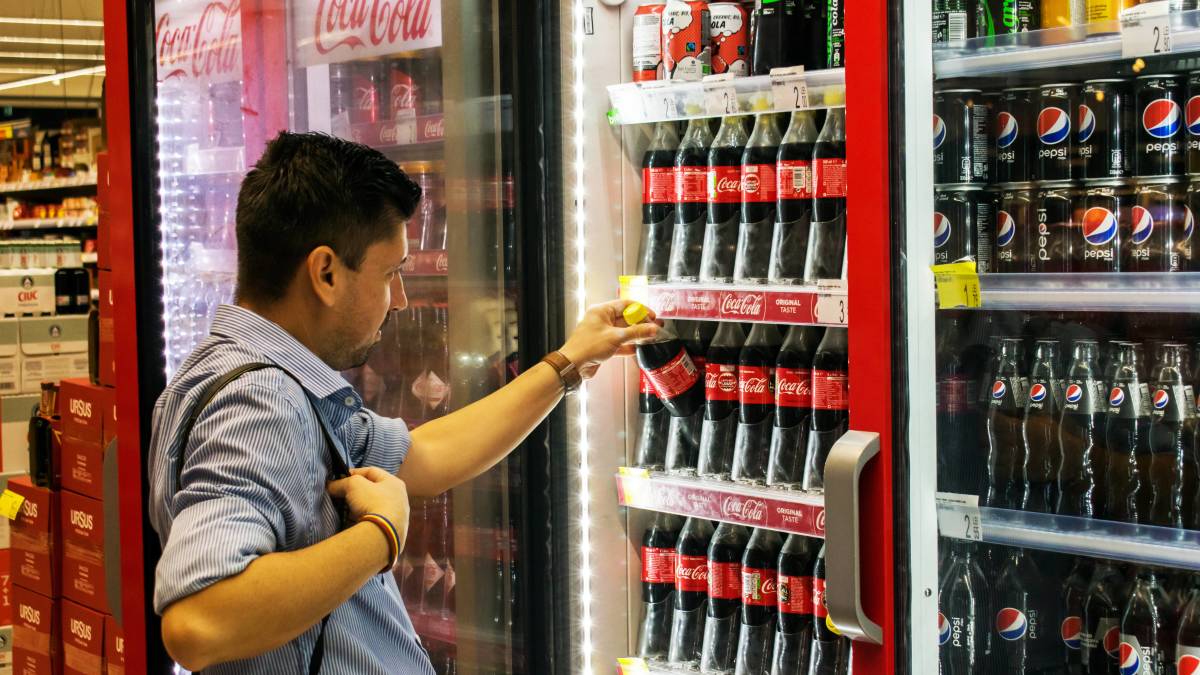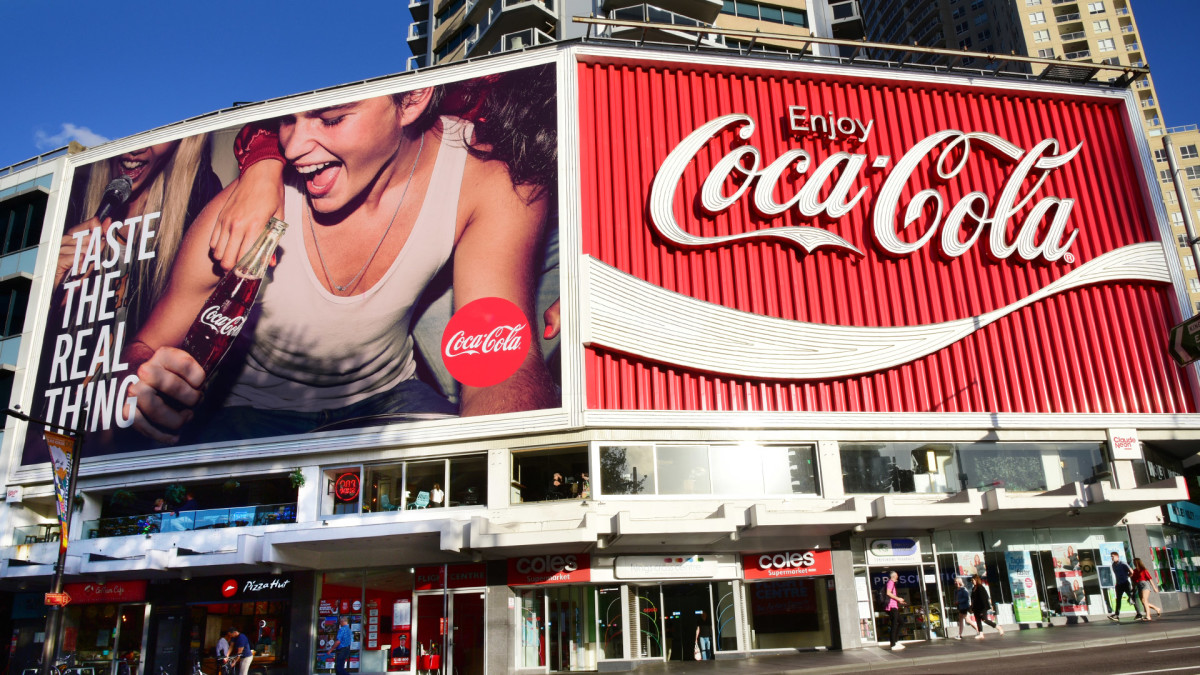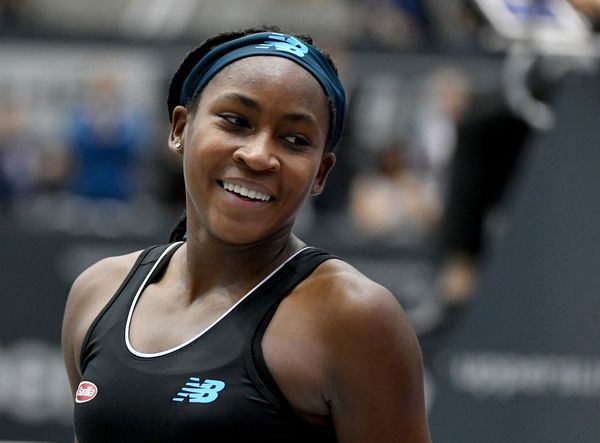
In May 1886, John Stith Pemberton, a pharmacist and Confederate Army veteran, came up with a new beverage.
Originally planned as a medicine, an accidental addition of carbonated water convinced Pemberton to sell his creation as a fountain drink instead.
Related: Starbucks announces new lineup of drinks focused on this seasonal, floral flavor
Pemberton, who had suffered a saber wound in battle, touted his beverage as a “valuable brain tonic” that would cure headaches, relieve exhaustion, and calm nerves, and marketed it as "delicious, refreshing, pure joy, exhilarating", and "invigorating.”
Sadly, Pemberton became ill and, desperate for money, sold the formula for the product that he believed would "someday will be a national drink."
He had no idea, of course, that his invention would eventually become the most popular soft drink in the world: Coca-Cola.
And Coca-Cola (KO) , the company that grew out of that invention, is now the 10th most valuable brand in the world, offering hundreds of brands and 3,500 beverages in over 200 countries and territories.

Image source: Shutterstock
CEO: all about that taste
"Taste is the selling point," James Quincey, Coke’s chairman and CEO, told analysts during the company’s Feb. 13 earnings call.
The company reported fourth-quarter earnings of 49 cents per share, matching the expectations of analysts surveyed by FactSet. Sales totaled $10.95 billion, beating the FactSet forecast of $10.67 billion.
Related: Analysts revamp Nvidia, Micron price targets as new business model grows
A year earlier, Coke reported fourth-quarter earnings of 45 cents per share on $10.19 billion in sales.
"Simply put, people want drinks that taste great," Quincey said. "To drive superiority across our total beverage portfolio, we're continuing to build capabilities to tap into unique insights in taste and aroma science."
He said the company was applying digital tools, ingredient processing technology, and artificial intelligence "to create bolder and more successful innovations."
"Coca-Cola Zero Sugar is an ongoing example of how superior taste drives demand, with volume that grew 5% in 2023, leading to continued volume and value share gains," Quincey said.
Moving away from sugar is a good strategy for soft drink makers as a growing number of people are looking for healthier alternatives.
A survey of consumer food preferences found that 61% of the respondents were trying to limit sugars in their diet, according to Statista, while 11% said they wanted to avoid sugar entirely.
"Demand for both regular and diet carbonated soft drinks has fallen as more consumers have prioritized choosing healthier beverages, mainly resulting from media coverage of the adverse effects of sugary beverages," according to the research firm IBISWorld.
While robust growth of energy drinks has benefited soda producers, the firm said, "it has not been enough to keep revenue in expansion territory."
Analyst: Coke making brands more profitable
In 1963, Coke introduced Tab, its first diet soda, which, the company said "rocked households as Americans were becoming more and more weight conscious."
The soda had a great run, but after 57 years, Coke pulled the plug on Tab in 2020 as part of the company's plan to cut more than half of its products.
More Wall Street Analysts:
- Analyst who correctly warned Tesla stock could fall unveils new target
- Analysts race for new Palo Alto Networks price targets as shares plunge
- Analyst who forecast Nvidia stock could exceed $750 revamps target
The company said at the time that it had been working on streamlining its beverage lineup, but "ongoing Covid-19 supply chain challenges and shifting shopping behaviors" prompted Coke to fast-track its plan.
Coke has a webpage dedicated to its sugar reduction efforts that promises "More drinks, less sugar."
"As we continue to evolve as a total beverage company and respond to consumers’ desires for more choices across categories," the company said, "we are reducing added sugar while providing more drinks with nutrition benefits; optimizing our mix of products; offering more small packaging choices; and providing consumers with clear nutrition information."
Argus analyst Taylor Conrad likes what he sees coming out of Coca-Cola. On March 7, he raised the firm's price target on Coca-Cola to $70 from $67 while keeping a buy rating on the shares.
The company has recognized that it needs to diversify revenue away from sugary soda, and it should make progress toward this goal, the analyst told investors in a research note.
Coca-Cola's innovation has also improved in making the portfolio of brands less bloated and more profitable, Conrad said, adding that Coke is now a stronger company than it was at the beginning of the pandemic.
The beverage giant is scheduled to report quarterly earnings on April 22.
Related: Veteran fund manager picks favorite stocks for 2024







